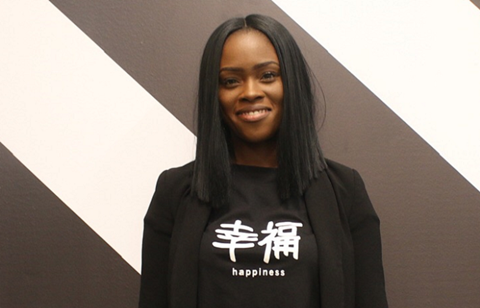
Diversity conversations are taking centre stage in and out of the workplace, but when all the panel discussions are done and employees are fed what feels like yet another advertisement it is no surprise that many still feel invisible.
Amid both external and internal pressures, organisations often turn their focus to a game of numbers, using inflexible and untailored methods to hire candidates who fall into those under-represented communities.
However, when this is done without ensuring that the existing framework and environment are readily equipped to accommodate the needs of those they apparently seek to elevate, organisations fail to retain these employees in the long-term.
Intersectional approaches to workplace diversity and benefits, which attempt to acknowledge the unique differences and needs of individual groups within the workplace, are at times seen as divisive; these are often discontinued in favour of less challenging, one-size-fits-all approaches, undermining the experiences of those who find themselves at the intersection of these identities.
As a result, we begin to see an overall lack of faith in the ability of existing frameworks to truly act in the interest of the employee. Many marginalised peoples have even less faith in senior management's ability to identify less overt forms of discrimination, such as micro-aggressions and unconscious bias. Because of this, it is very easy for those from marginalised communities to feel helpless, even when directed to HR or other traditional forms of in-house employee support.
Community platforms and movements have, therefore, never been more important. They bring much needed visibility to marginalised voices, propelling them to the forefront without the fear of being drowned out by the majority.
These platforms provide a way for nuance to be applied without having to hide behind disingenuous and non-factual approaches to the diversity conversation, understanding that even among under-represented group, some benefit more from existing diversity initiatives than others. It is this honesty that will allow companies to see that elevating women, for example, does not mean leaving black women on the bench.
It is also this honesty that will allow organisations to see that it is not okay to simply promote people from these communities into senior diversity positions, expecting them to undo decades of errors in a day, without support or a listening ear. It is more than damage control, more than PR.
Platforms such as Driverse seek to provide a space to connect with current and former employees, in and out of their respective communities, in a time when diversity conversations are not always led by those who are directly affected.
While understanding that there is no one, clear-cut solution to tackling workplace inequalities, an external forum can bring to the forefront those interactions that already take place among these groups, with the added safety net of anonymity.
This allows organisations and staff to gain insight into the real issues being faced by under-represented communities, while compensating for inconsistencies at work by giving users access to vetted HR professionals, who are sensitive to the issues that affect them.
Adesuwa E. Ajayi (pictured) and Clara R. Germain are co-founders of Driverse.
Read more...
How can a benefits strategy foster and celebrate cultural diversity?
Imperial College London’s Active Bystander Training promotes diversity and inclusion











